Nigeria’s economy has experienced a significant transformation following a comprehensive recalculation of its Gross Domestic Product (GDP), leading to a 30% increase in its size. This adjustment, the first in over a decade, was conducted by the National Bureau of Statistics (NBS), which updated the base year from 2010 to 2019. The revision now includes previously unaccounted sectors such as digital services, pension funds, and the informal labor market, which employs over 90% of the population.
The incorporation of the informal sector and digital services into the GDP calculation has provided a more accurate representation of Nigeria’s economic activities. The informal sector, encompassing a vast array of small-scale businesses and services, has long been a cornerstone of Nigeria’s economy, contributing significantly to employment and economic output. By recognizing this sector, the NBS has acknowledged its substantial role in the nation’s economic landscape.
The inclusion of digital services reflects the rapid growth and integration of technology into Nigeria’s economy. The Information and Communication Technology (ICT) sector, for instance, has been a major contributor to the GDP, with the telecommunications industry alone accounting for over 12% of the total GDP. This sector’s expansion underscores the increasing importance of technology and innovation in driving economic growth.
The GDP rebasing has also led to improvements in key economic metrics. Notably, Nigeria’s debt-to-GDP ratio has decreased from 52% to 40%, aligning it with national and international benchmarks. This reduction enhances the country’s fiscal health and may bolster investor confidence. However, economists caution that while the new figures present a more robust economic profile, challenges such as inflation and infrastructure deficits remain pressing concerns.
The rebasing exercise is part of a broader effort by Nigerian policymakers to modernize economic data collection and analysis. By adopting more current methodologies and incorporating a wider range of economic activities, the NBS aims to provide a clearer picture of the nation’s economic performance. This initiative is expected to inform more effective policy decisions and attract increased foreign direct investment, particularly in sectors like technology and services.
In summary, Nigeria’s recent GDP recalculation has unveiled a more expansive and diversified economy, highlighting the significant contributions of the informal sector and digital services. While the updated figures present a more optimistic economic outlook, sustained efforts are necessary to address existing challenges and ensure inclusive growth for all Nigerians.

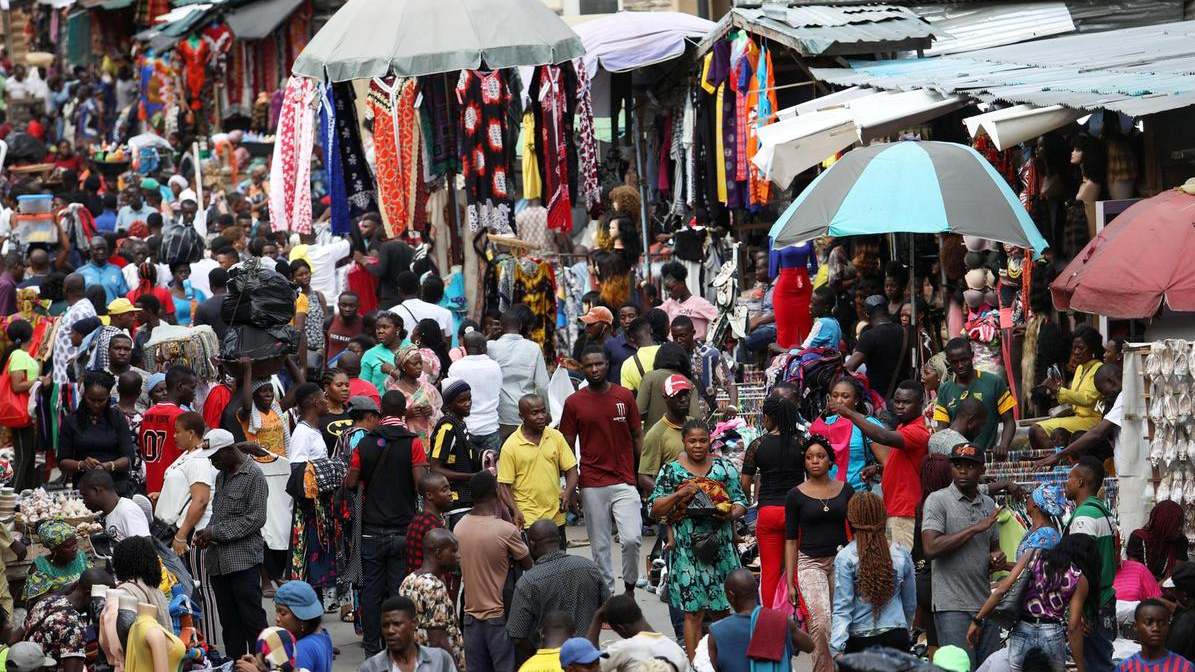

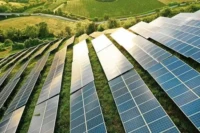





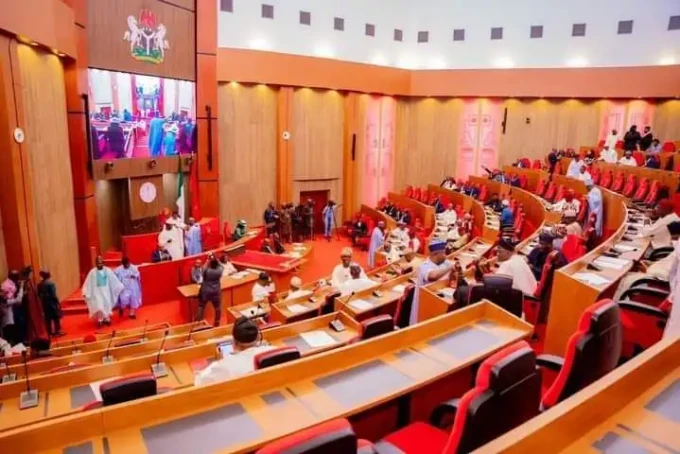
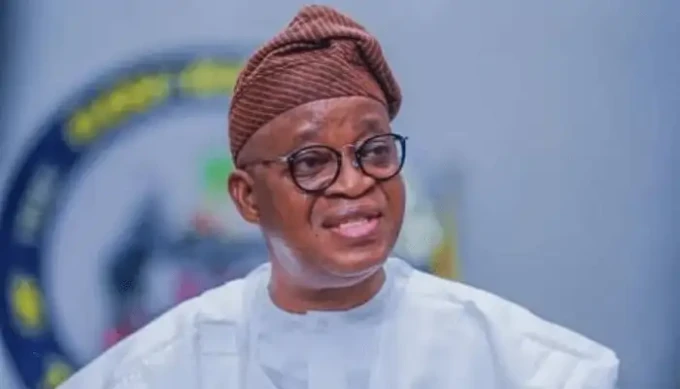
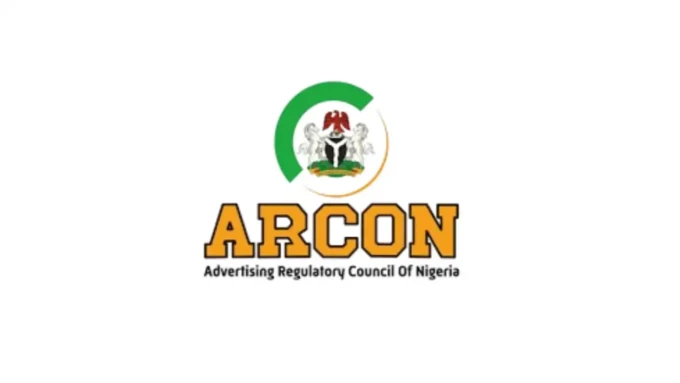
Wow, 30% growth after recalculating GDP? Thats insane! But is it sustainable or just a one-time boost? Lets discuss!
Wow, its great news for Nigerias economy! But do you think this growth will be sustainable in the long run? Lets discuss!
Wow, a 30% growth sounds impressive, but I wonder how accurate this new GDP calculation really is. Interesting development though!
This seems fishy… Can we trust these new numbers or are they just painting a rosier picture? #trustissues #economytalks